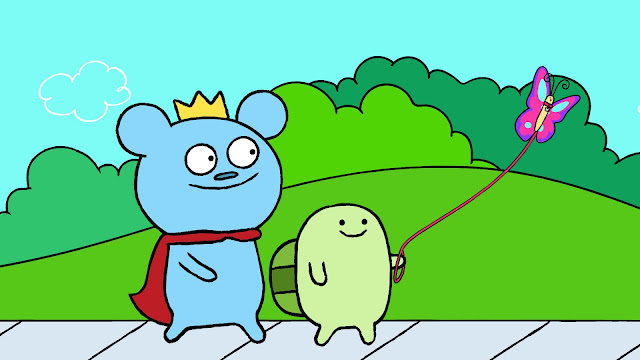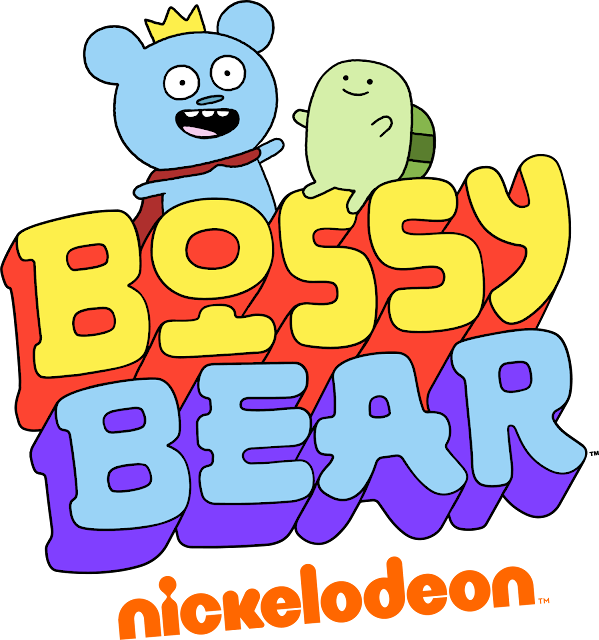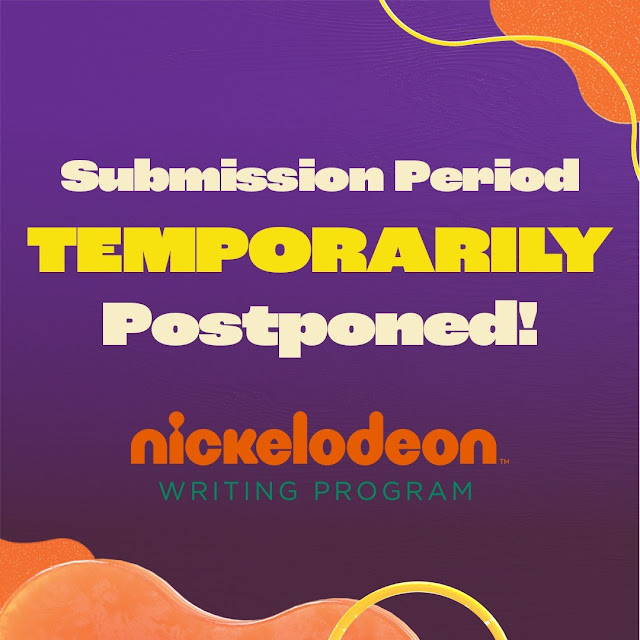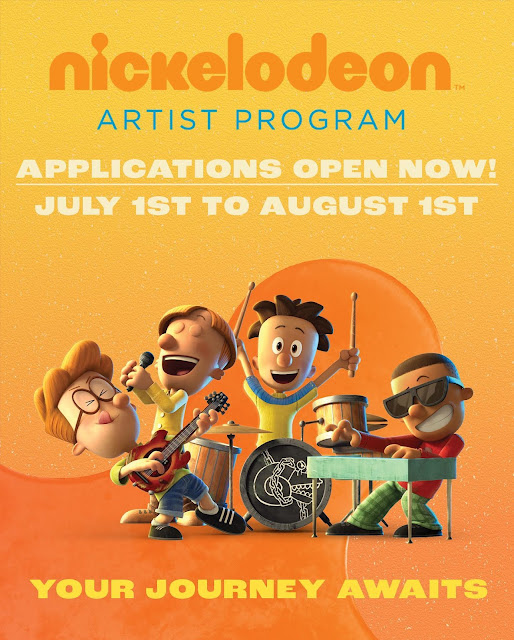The feature rolls out with a distinct take on CG inspired by the teenage brain
We’ve never been really far away from the
Teenage Mutant Ninja Turtles. Since they first arrived as comic book characters in the early 1980s, there has been a steady supply of comics, TV shows, games and films that celebrate the canon of Cowabunga. And TMNT fandom, once experienced, can almost never be forgotten. Is it the masks? The pizza? The ooze that made them who they are? It’s nearly impossible to single one thing out.
When lifelong Turtle enthusiasts Seth Rogen, Jeff Rowe and Evan Goldberg started working on Teenage Mutant Ninja Turtles: Mutant Mayhem, which arrives in theaters this August, they knew they wanted to update the characters for a new generation while also telling a relevant story. They were also interested in using a CG animation style that looked less than perfect and would remind audiences of their own doodles they might have done in a notebook while listening to a boring class lecture in high school.
“I think for us, artistically, it was a reaction to a 30-year trend in 3D CG animation to push towards photorealism and hyper-realistic lighting and texturing,” writer-director Rowe, who also co-directed
The Mitchells vs. the Machines, told
Variety. “Then, a few years ago,
(Spider-Man:) Into the Spider-Verse happened, and that showed that a movie can look like the concept artwork and can be critically and financially successful. That opened a lot of doors and I think we tried to take that football and run with it on
Mitchells, and then on
Turtles, I tried to be even less compromising. We decided we wanted this movie to look exactly like a concept artwork, and we want the concept artwork to feel distinctly human and not computer-generated. And that means sketchy and imperfect and misshapen and reminiscent of the way you draw when you’re a child or a teenager, and your passion and enthusiasm for making art hasn’t been dimmed by formal art training. It’s the kind of drawing you do before you have that voice in your head that says, ‘Don’t do that. That’s not how you draw.’ We wanted to design a film that had that level of unfettered expression. And then it was just a lot of designing it and convincing a lot of really talented artists that it was OK to make mistakes, and that those were actually features not bugs.”
Production designer Yashar Kassai found working out the sketchy, unfinished style one of the most difficult parts of the production as well.
“The thing that felt so wrong in the beginning was telling my very highly trained, skillful artists who are also ultra-talented that, because we’re drawing like teenagers, I need you to draw that again but I need you to peel away all those years you spent in art school learning your craft and draw like your 15-year-old self,” says Kassai. “But once everyone relinquished the conventional design wisdom of animation, we had a lot of fun.”
This emotionally authentic style of animation fell in line with the story they wanted to tell with TMNT — a coming-of-age origin story about teenagers who experience feelings of isolation, loneliness and awkwardness as they try to find themselves. Plus, they’re mutants and turtles.
During Rowe’s first meetings Rogen and Goldberg, they talked about bringing tears to the eyes of viewers “when they leave this movie. “Being a teenager is inherently an emotional, confusing, lonely time in your life. There’s so much feeling in making these characters real teenagers and we committed to having them voiced by teenagers.”
The voice cast includes Ayo Edebiri as April O’Neil, Nicolas Cantu as Leonardo, Brady Noon as Raphael, Micah Abbey as Donatello and Shamon Brown Jr. as Michelangelo. In the non-teenager roles, an equally notable group of actors appear: Rogen voices a mutant animal named Bebop, Jackie Chan is Master Splinter, John Cena is Rocksteady, Ice Cube plays the villainous Superfly and Maya Rudolph is the mysterious Cynthia Utrom.
The over-21 cast also voices mutants. And those mutants are some of the most unusual and bizarre you might see in a mainstream animation feature.
“Our Holy Grail of the entire franchise has always been the late ’80s cartoon, the original series, and that really wacky toy line that came out during the early ’90s,” says Kassai. “We were looking back to the time when sophomoric gross-out humor was the comedic style of the day. So we started there, but then we added the teenage drawing aspect on top of it as a very strong top layer. We were also heavily inspired by films like Chungking Express. The Turtles are hiding from humans so it all takes place at night, and these kids have to hide in the shadows because they want to be a part of human society but they feel kind of unsafe when they’re around humans because of what their dad has told them about humans. So they cannot be like on a sunlit beach or on a sunny day in, like, Central Park. We spent a lot of time diversifying what New York at nighttime looks like and giving it a variety of different color schemes.”
For Ramsey Naito, president of Nickelodeon Animation and Paramount Animation, it was important to find the right creative team to take on TMNT. This team would be working with one of the most beloved animation franchises and reaching out to a new generation of potential fans who may have not even been born when the first TV shows and films were created.
“I think it’s an animation masterpiece and just hilarious and Seth and his team are such a big part of that,” says Naito. “It’s a good example of creators coming in to reimagine something that they love. I remember coming back to Nickelodeon and talking about TMNT and we knew the team who worked on it had to be creators who loved TMNT.”
Brian Robbins, president and CEO of Paramount Pictures and Nickelodeon, “and I both thought about Seth Rogen, and when we called him about it he loved it, he grew up with the characters. From there, we brought in Jeff Rowe, who also grew up with the Turtles and it was his dream for him to come and work on Turtles and to work with Seth. I think that love is really seen on the screen.”
For Goldberg, the appeal started early and never waned. He hopes their take on the characters will be relatable through their real, universal struggles.
“They are mutants, they are ninjas, and they are awesome-looking,” says Goldberg. “Overall, though, it is a story about a father and his four brothers who are very different, argue and disagree, but they are a family who are always there for each other. They are doing what they can to make the world a better place and that is what we should be doing. No matter your race, religion, or what type of mutated human-animal hybrid you are, you should be there for your family and do what you can to make the world rad. In a way, we are all Turtles, metaphorically speaking.”
Subscribe to the Teenage Mutant Ninja Turtles OFFICIAL YouTube channel - the ultimate home for all things TMNT! Here you’ll find Leonardo, Michelangelo, Raphael, and Donatello’s best moments from all your favorite
TMNT series. Join the Teenage Mutant Ninja Turtles in their fight against evil, and be the first to get notified of exclusive original content you won’t find anywhere else!
https://at.nick.com/TMNTSubscribe













